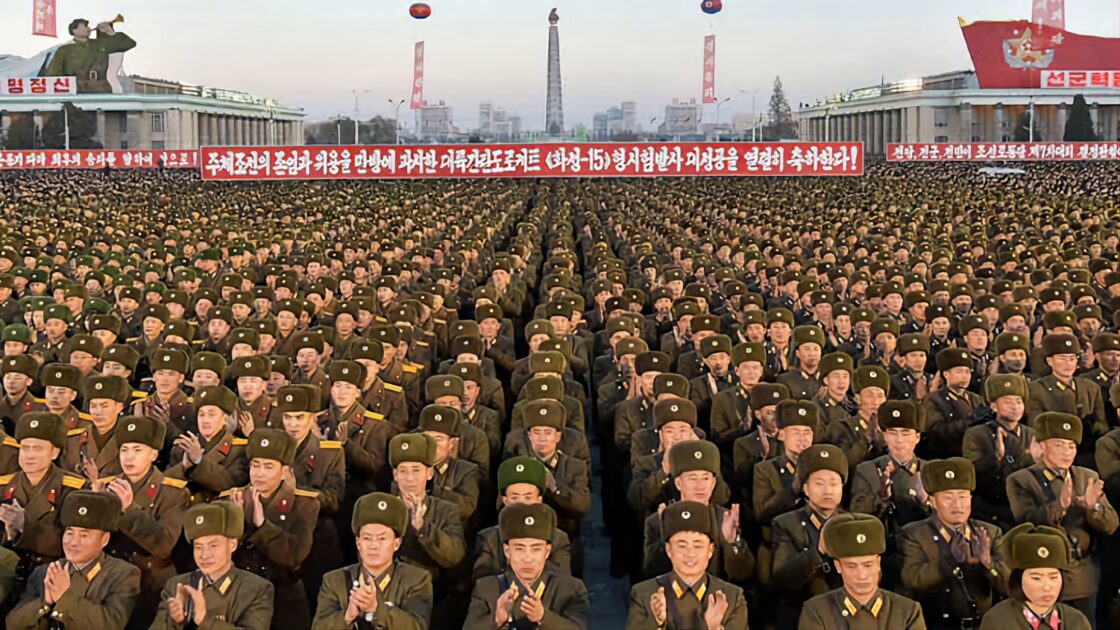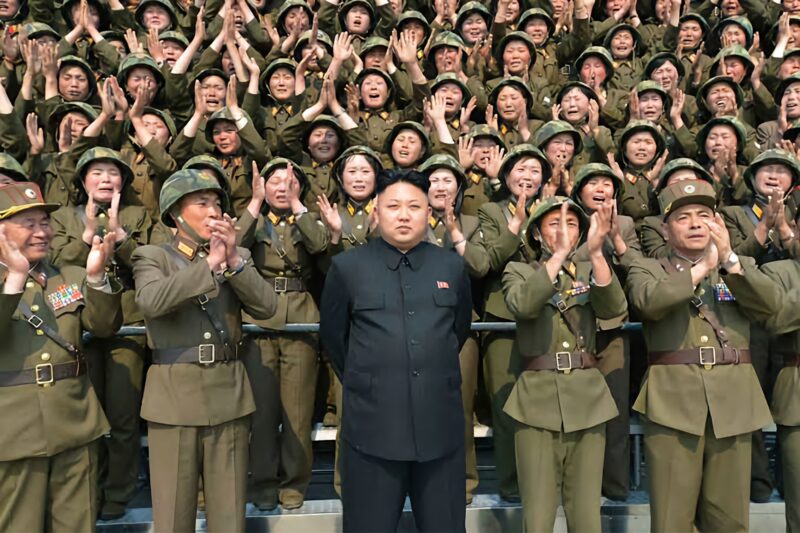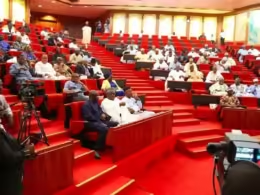North Korea’s 1.4 Million Youth Take Center Stage in ‘Holy War’ Call as Pyongyang Threatens South Korea with Annihilation
On October 16, 2024, North Korea announced the mobilisation of 1.4 million young citizens, rallying them for what the regime describes as a “holy war” to defend the nation’s sovereignty. The move follows growing tensions with South Korea, which Pyongyang has accused of provoking conflict on the Korean Peninsula.
According to North Korea’s state-run Korean Central News Agency (KCNA), the mass mobilisation occurred over two days, on October 14 and 15, with young people reportedly volunteering in large numbers to join or re-enlist in the military. North Korea has framed the mobilisation as a direct response to what it calls South Korea’s aggressive actions, vowing to annihilate its southern neighbour if conflict arises.
Aggressive Rhetoric and Threats
In a statement filled with hostile language, North Korea labelled South Korea as the main instigator of the tensions, claiming the youth are eager to defend their nation. The recruits are said to be driven by “burning hatred” and a desire to “punish the reckless boldness” of South Korea. KCNA described the mobilisation as a wave of nationalistic pride, casting the youth as defenders of the “sacred republic” under Kim Jong-un’s leadership.

Youth as a Military Weapon
This mobilisation of 1.4 million youth is part of a broader strategy by the North Korean regime to portray its younger generation as a formidable military force, ready to defend the country. The state frequently taps into nationalist and anti-imperialist sentiment to maintain loyalty and unity among its citizens, particularly the youth. By highlighting the enthusiasm for military service, North Korea aims to project both internal strength and a readiness to confront external threats, especially from South Korea and its allies.
Tensions Escalate on the Peninsula
The mobilisation comes on the heels of North Korea’s recent destruction of key infrastructure connecting the two Koreas, a move seen as further severing ties with Seoul. The threats of “annihilation” add to the inflammatory rhetoric North Korea has employed in recent years, as it continues to reject South Korea’s calls for dialogue and de-escalation. Instead, Pyongyang has taken a more confrontational stance, raising concerns about the stability of the region.
As the Korean Peninsula remains on edge, North Korea’s latest show of force is yet another signal of the regime’s growing militarisation, with its youth positioned at the forefront of its efforts to project power both domestically and internationally.









Join our Channel...